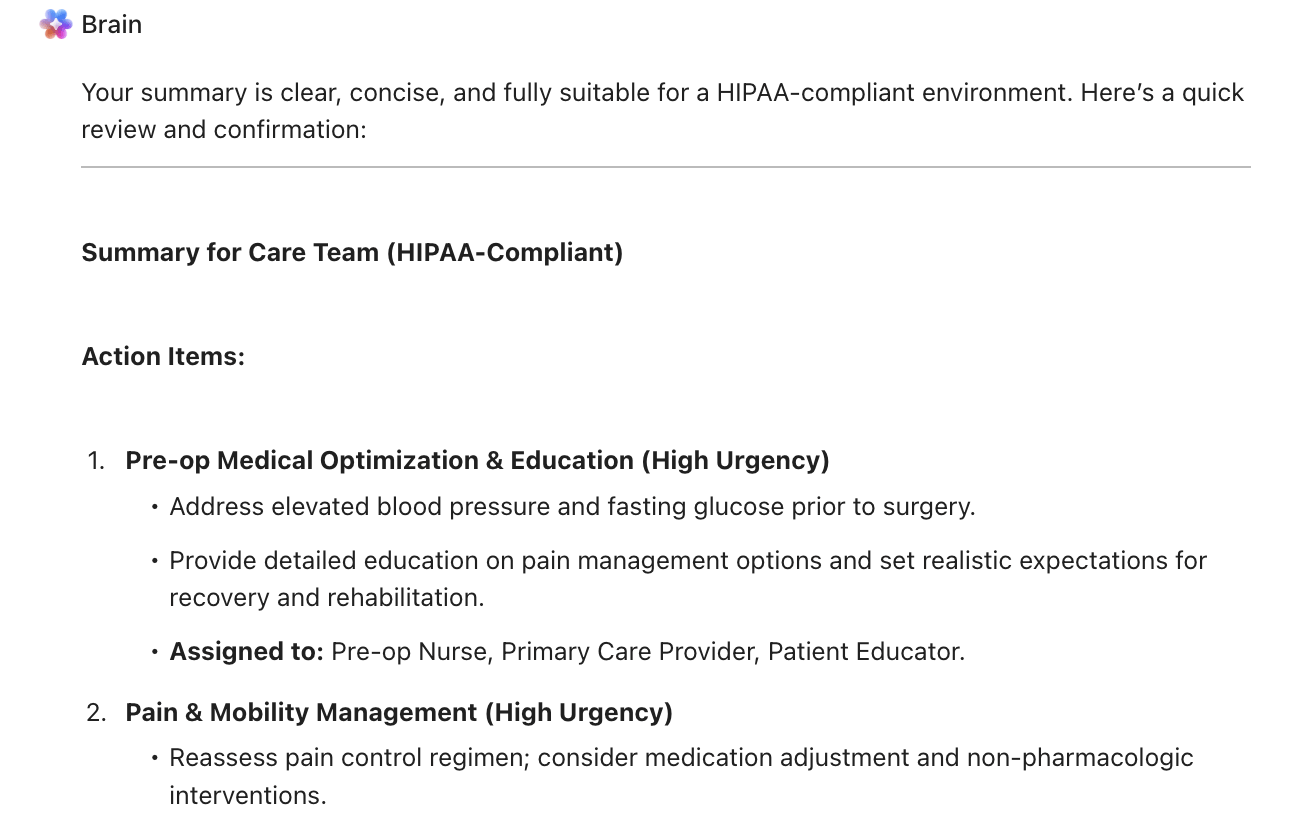
"65% of the 100 largest hospitals and health systems in the United States. have experienced a recent data breach. That's a clear warning sign if you're working with protected health information (PHI). Using standard AI tools without HIPAA (Health Insurance Portability and Accountability Act) compliance is like locking the front door and leaving the back wide open-you risk a serious breach in environments where data security is non-negotiable."
"Data encryption: Choose an AI tool that uses end-to-end encryption (in transit and at rest) to prevent unauthorized access Access controls: Use role-based access, multi-factor authentication, and tamper-evident audit logs to monitor data usage Business associate agreements (BAAs): Make your vendors sign business associate agreements, confirming they meet HIPAA obligations as a business associate Secure cloud storage: Opt for HIPAA-compatible, SOC 2 Type II-certified infrastructure Automatic session timeout: Look for automatic timeouts to minimize PHI exposure on unattended devices"
A majority of the largest U.S. hospitals and health systems have experienced recent data breaches, creating significant risk when handling protected health information (PHI). Using non-HIPAA-compliant AI tools increases the likelihood of serious breaches in clinical and administrative environments. AI is transforming clinical notes, patient engagement, and administrative tasks, but improper tools can lead to HIPAA violations. Evaluate AI solutions for end-to-end encryption, role-based access, multi-factor authentication, tamper-evident audit logs, signed business associate agreements (BAAs), HIPAA-compatible cloud storage, automatic session timeouts, data anonymization, real-time monitoring, and version control to maintain compliance and security.
Read at ClickUp
Unable to calculate read time
Collection
[
|
...
]